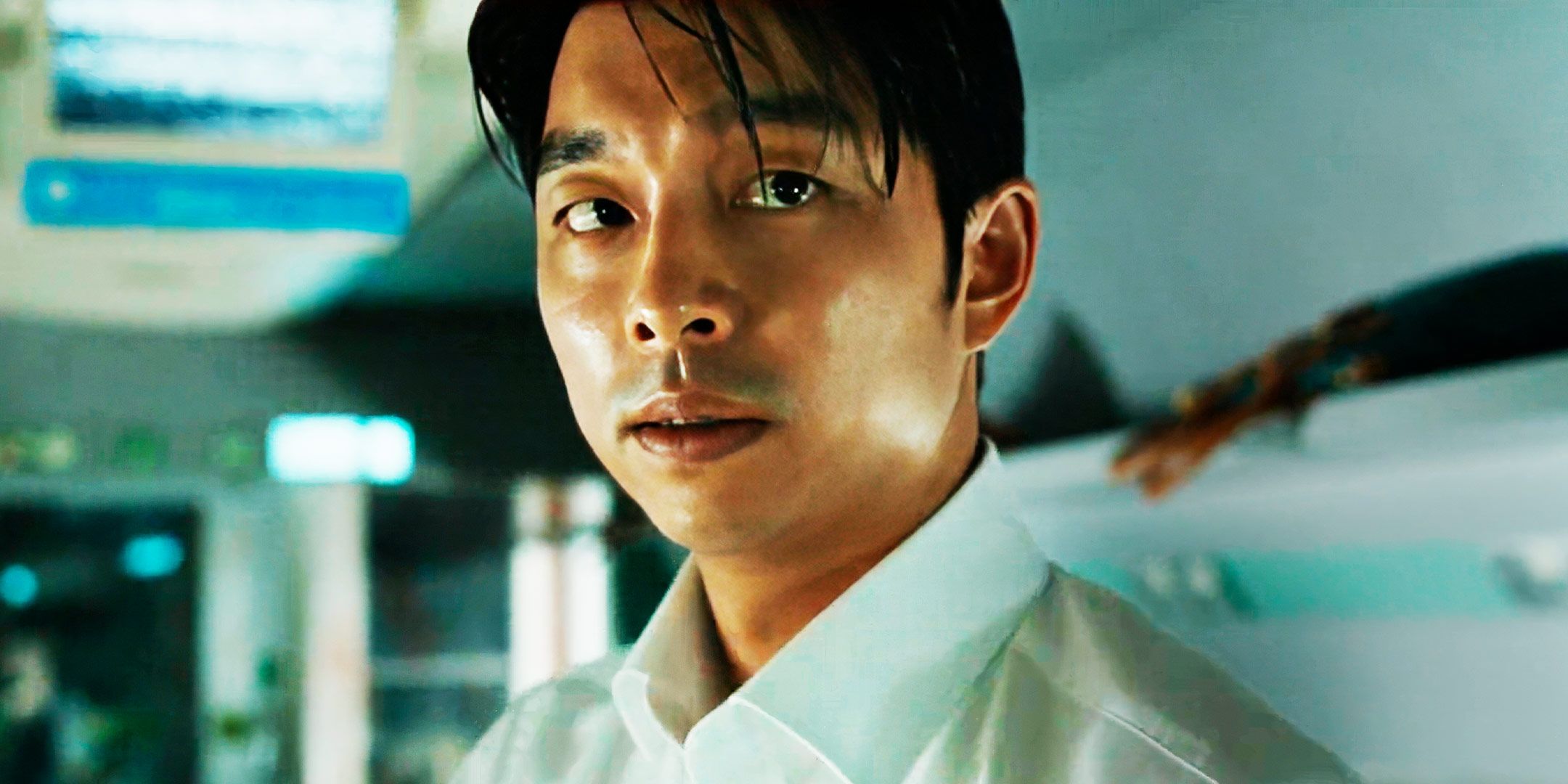
The original Train to Busan (released in 2016) and its animated prequel significantly refreshed the stagnant zombie movie genre, but unfortunately, the sequel failed to meet expectations and didn’t match up to its predecessors. This South Korean production injected new life into the waning interest in zombie films during the latter half of the 2010s, a period when the undead had become overly familiar due to series like The Walking Dead. Despite the genre’s saturation, Train to Busan still managed to tell an original story. By merging swift-moving zombies with a compelling and emotional narrative centered on human survivors, Train to Busan successfully brought together the strongest aspects of prior zombie media.
The film quickly gained worldwide acclaim in its release year, accompanied by a spin-off animated film titled “Seoul Station.” After several years, a sequel, “Train to Busan Presents: Peninsula,” premiered in 2020. This follow-up aimed to broaden the storyline and incorporate aspects of a heist narrative, merging action and zombie horror genres. However, “Peninsula” received average reviews and was often deemed as a weaker successor to the 2016 original, even falling short in comparison to “Seoul Station.
What Went Wrong With Train To Busan’s Sequel
Peninsula Suffers Because It Tries To Be Too Different
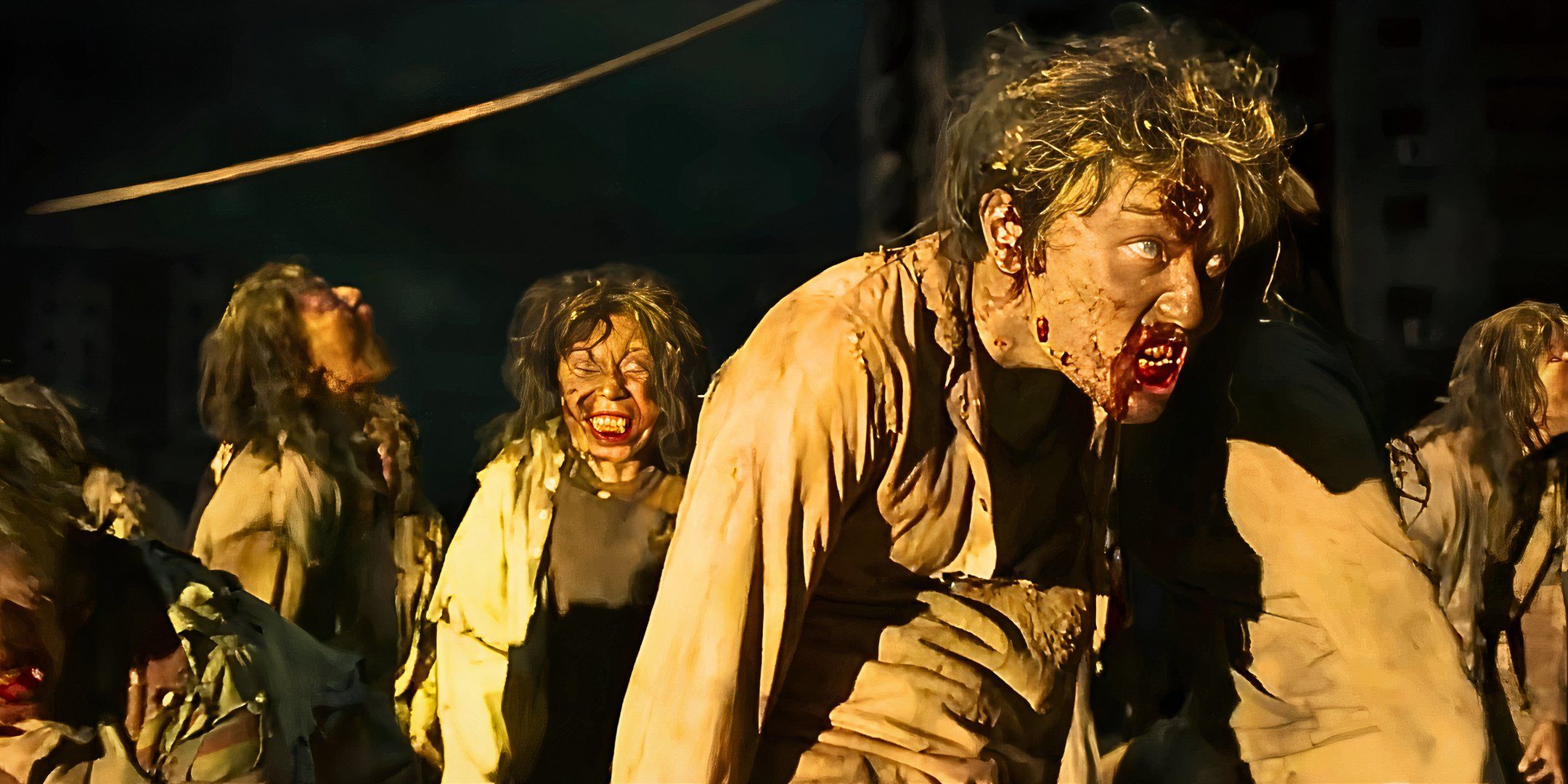
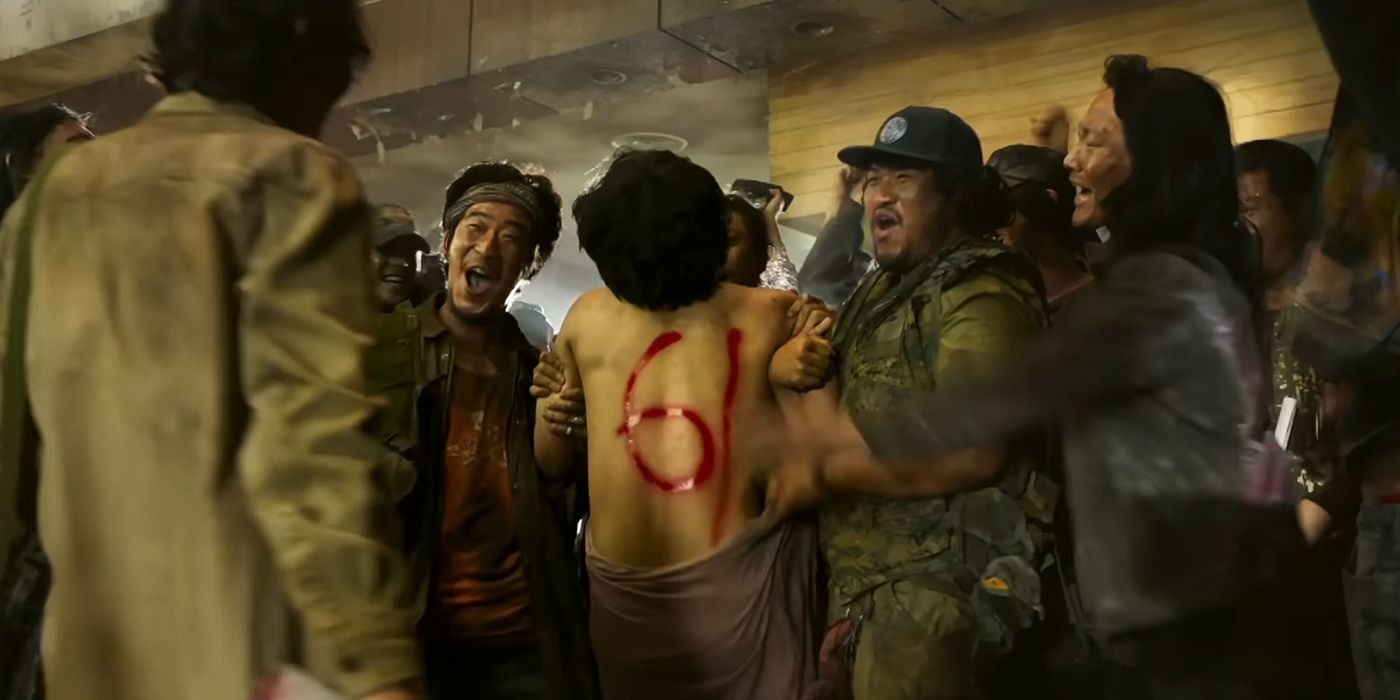
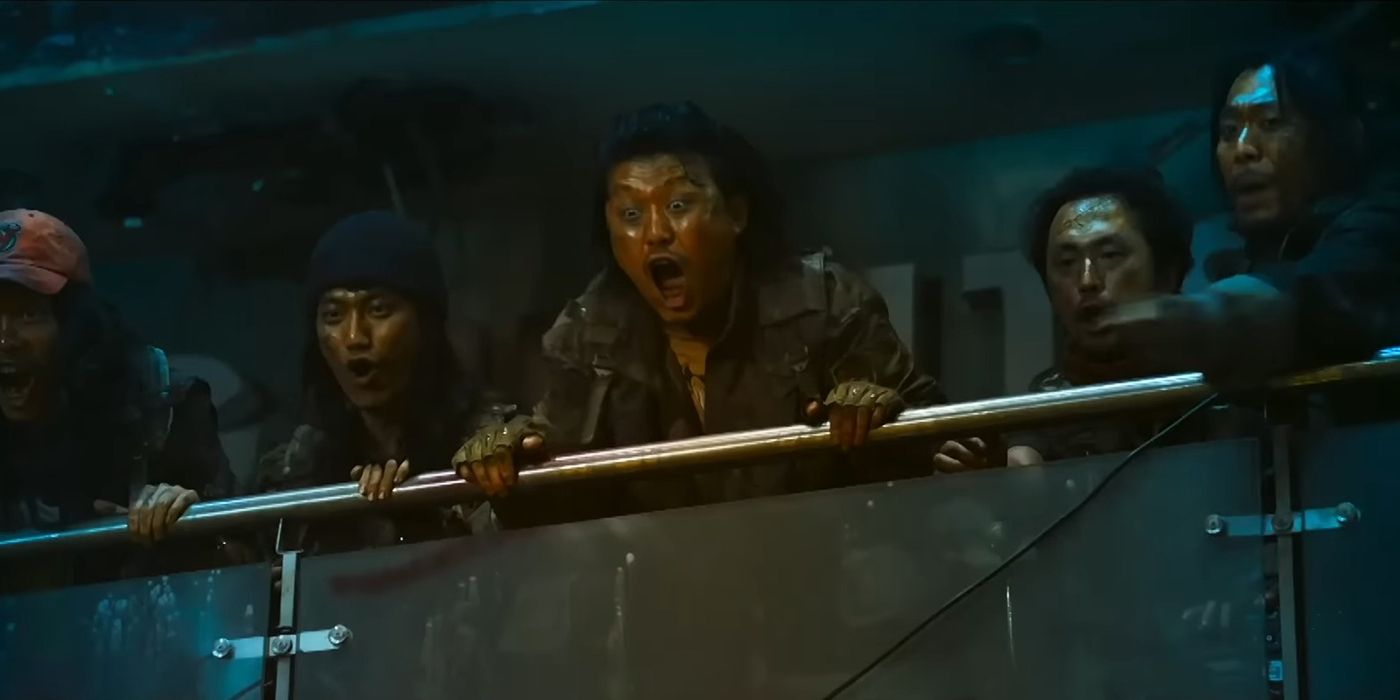
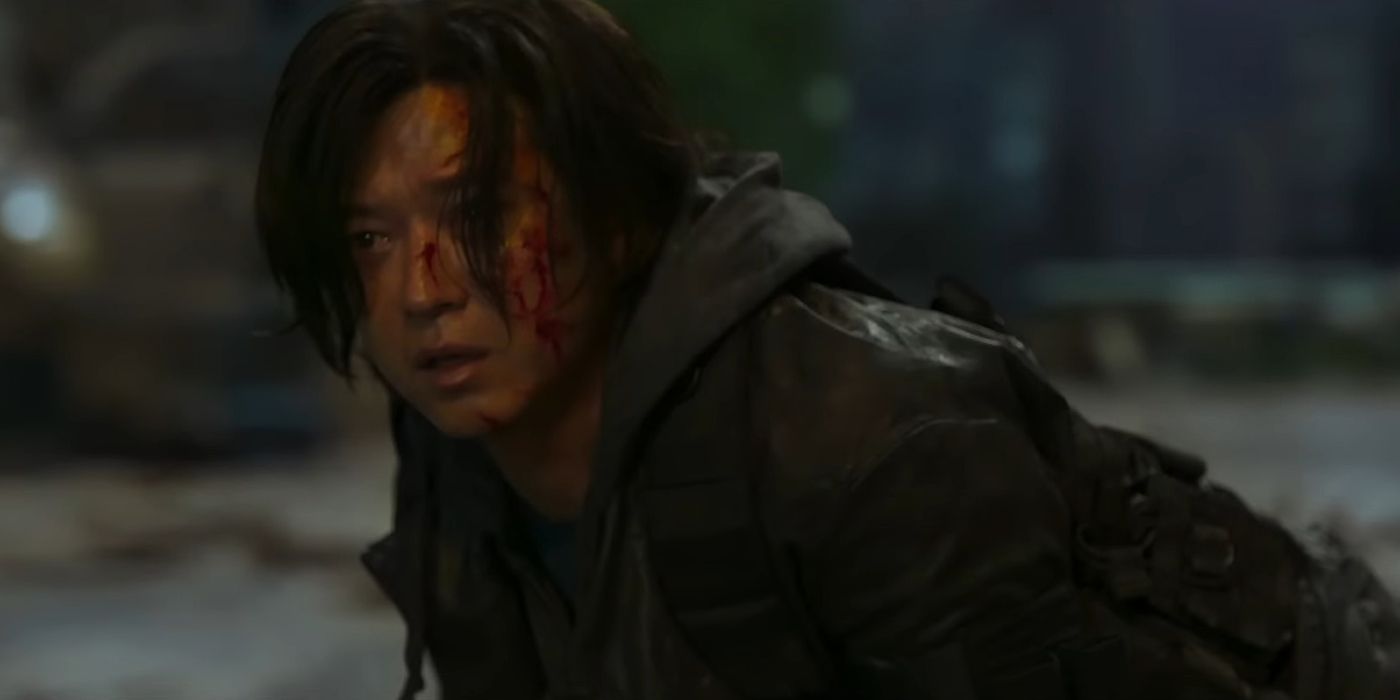
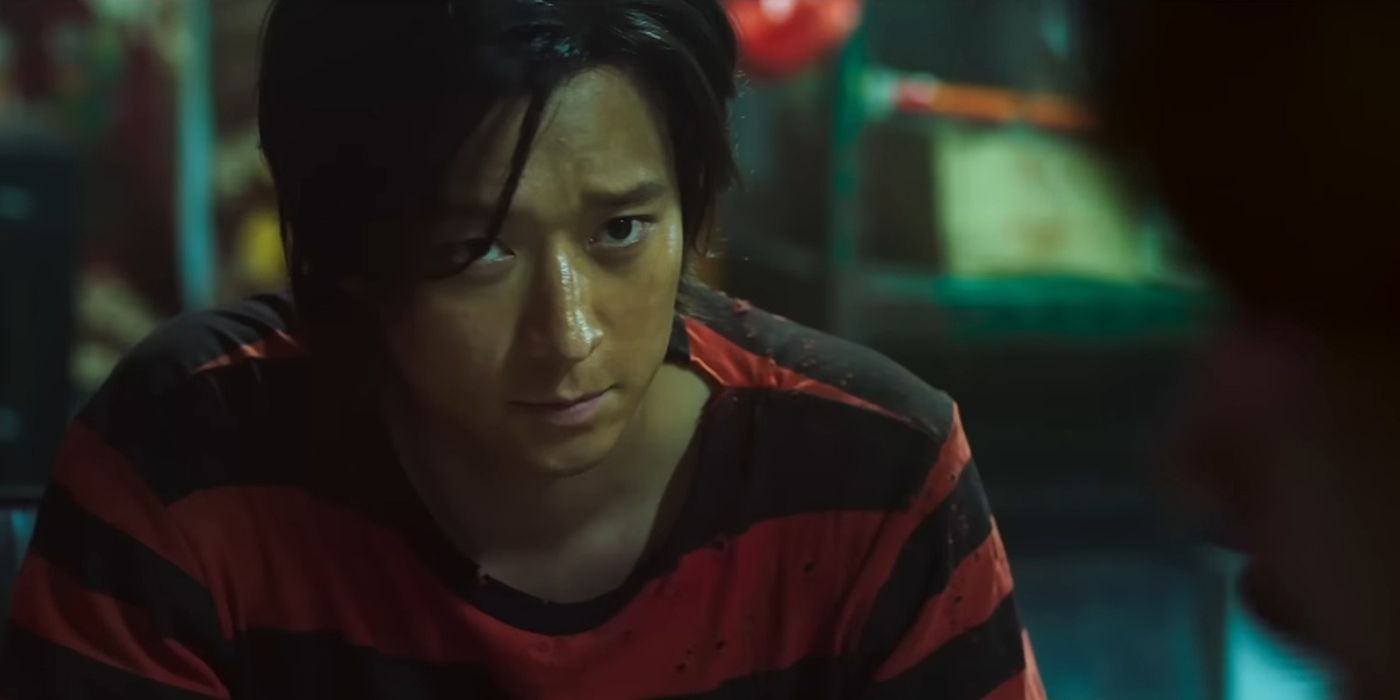
Upon director Yeon Sang-ho’s return for “Peninsula,” it was anticipated that the sequel would adhere to the original’s vision. However, contrary to expectations, the acclaimed filmmaker opted for a drastically different approach, which isn’t inherently negative. Sequels can sometimes feel unoriginal due to overzealous imitation, but there are instances where sequels veer too far from their roots. In the case of “Peninsula,” it seemingly discarded all the most compelling aspects of “Train to Busan” in favor of a high-octane narrative that largely forsook the emotional resonance of its precursor. The power of great zombie films lies not in the zombies themselves, but in the human responses to their predicament.
The movie “Train to Busan” centers around the relationship between Seok-woo and his daughter, which is crucial to the story. While protecting Su-an is essential, it also signifies Seok-woo proving he’s a caring father despite his work-centric lifestyle. He feels remorse for missed moments, and only a close encounter with the undead makes him realize this. Compared to “Train to Busan,” the characters in “Peninsula” may be more action-oriented, but they lack the depth found in the first movie. In “Train to Busan,” zombies served as a storytelling device; however, they are even less significant in “Peninsula.
In addition, the follow-up film, Peninsula, showcased some of the weaker points of its predecessor, Train to Busan, by overusing CGI. While Train to Busan was a fantastic and ambitious zombie movie, its computer-generated effects were less impressive compared to other films. However, any shortcomings in technical aspects are overshadowed by its compelling narrative. Unfortunately, Peninsula lacks such a safety net for its story, and the CGI is noticeably poorer and distracting, even when compared to Train to Busan.
Seoul Station Is Different To Train To Busan, But A Fantastic Prequel
The Animated Prequel Stands On Its Own As A Zombie Movie
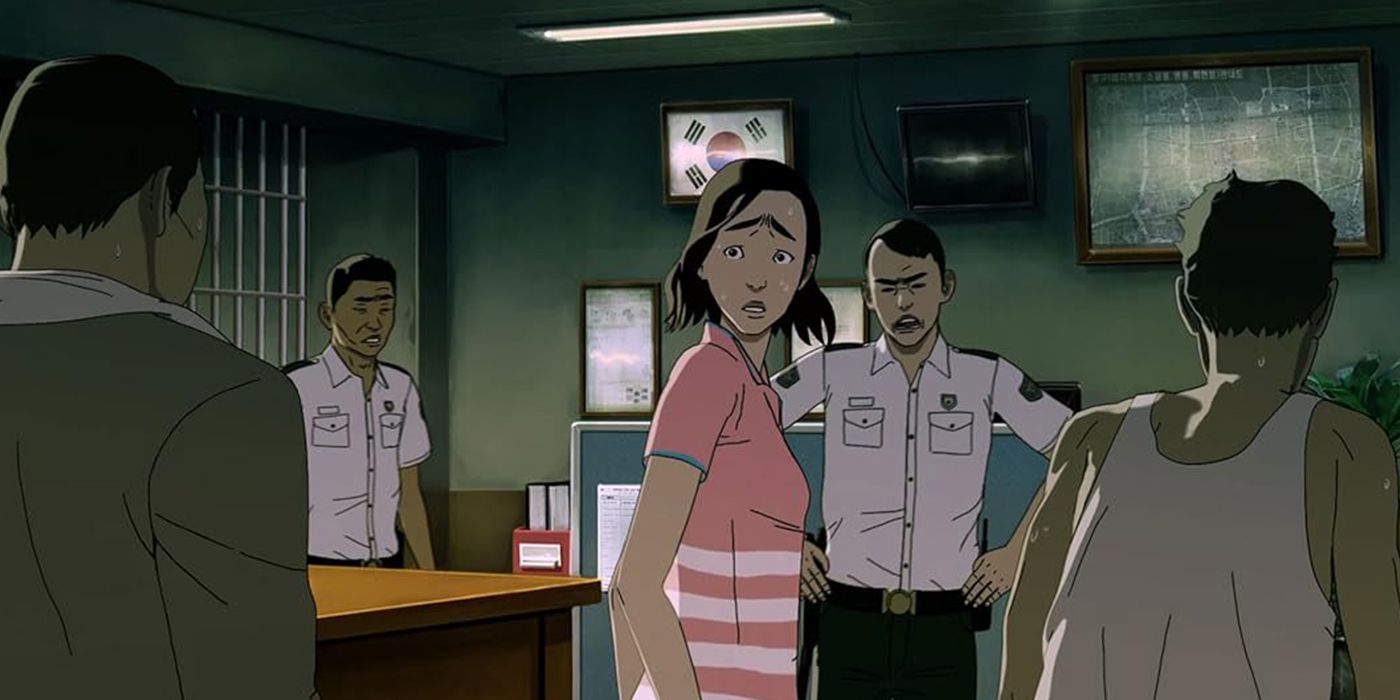
Seoul Station, like Train to Busan, was unveiled in the same year and serves as a commendable prequel with a moving narrative. The movie is set at the onset of the zombie epidemic, and it skillfully weaves the horrifying zombie backdrop while focusing on the three main characters’ captivating storylines. It delves into the notion of disposable individuals, revealing how society tends to overlook those in dire need. The film avoids excessive details about the origins of the zombie virus, instead offering tantalizing hints that keep viewers intrigued from two angles.
It’s unfortunate that Seoul Station’s animation might be difficult for many Western viewers who aren’t accustomed to adult-oriented animated content, especially since if it were live-action, it could easily stand alongside other notable zombie films. Despite being primarily a gripping drama, Seoul Station also manages to incorporate enough of a horror element into its social commentary to make it intriguing.
Future Train To Busan Movies Should Learn From Seoul Station
Another Sequel Is In Development But It Needs To Learn The Right Lessons
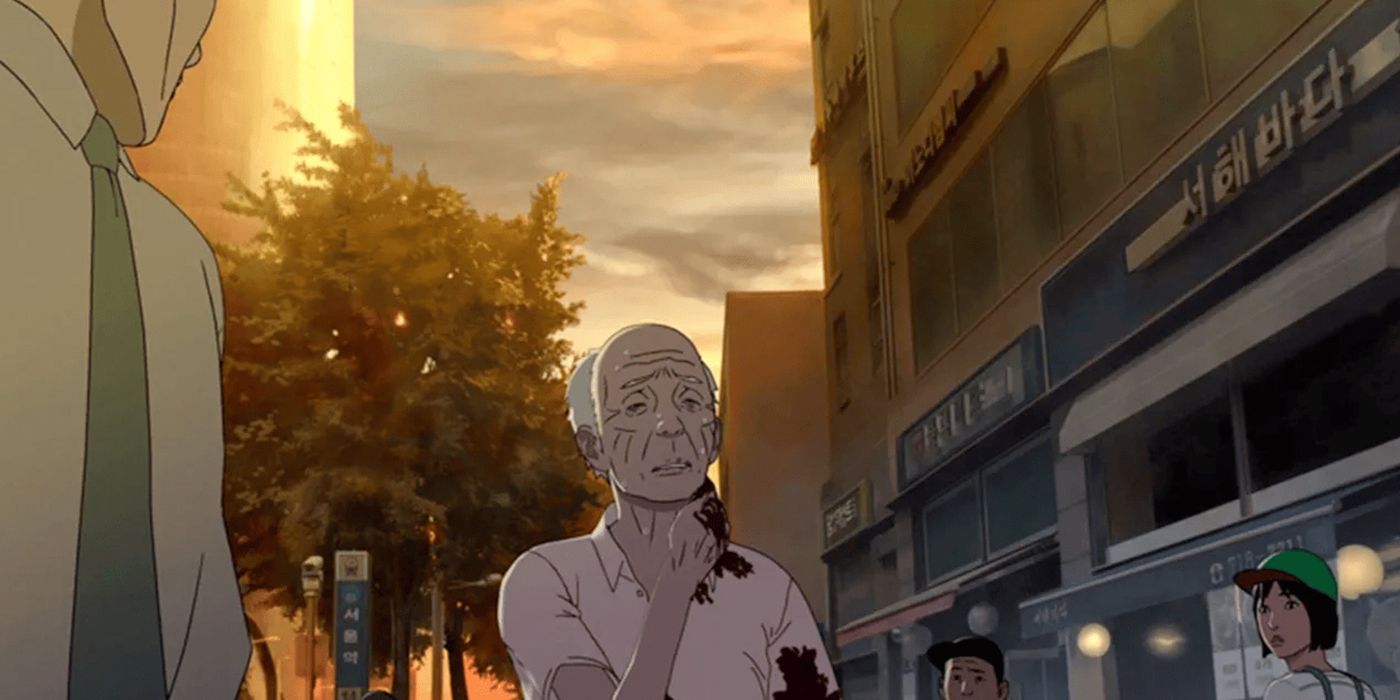
It would be ideal if the forthcoming “Train to Busan” film learns from “Seoul Station” rather than “Peninsula”. While the new movie will likely have its unique elements separate from the original, it is crucial that it focuses primarily on a captivating human narrative. The upcoming film should steer clear of animation and strive for a more contained storyline. “Peninsula” was overly expansive, and its plot stretched too far without anything engaging to compensate. Both “Train to Busan” and “Seoul Station” were less grand in scale, which contributes to their ability to be both frightening and dramatic at the same time.
The Train to Busan films include:
| Movie | Release Year | Rotten Tomatoes Score |
|---|---|---|
| Train to Busan | 2016 | 95% |
| Seoul Station | 2016 | 100% |
| Train to Busan Presents: Peninsula | 2020 | 55% |
Read More
- Brawl Stars December 2025 Brawl Talk: Two New Brawlers, Buffie, Vault, New Skins, Game Modes, and more
- Mobile Legends: Bang Bang (MLBB) Sora Guide: Best Build, Emblem and Gameplay Tips
- Clash Royale Best Boss Bandit Champion decks
- Best Hero Card Decks in Clash Royale
- Call of Duty Mobile: DMZ Recon Guide: Overview, How to Play, Progression, and more
- Clash Royale December 2025: Events, Challenges, Tournaments, and Rewards
- Best Arena 9 Decks in Clast Royale
- Clash Royale Best Arena 14 Decks
- Clash Royale Witch Evolution best decks guide
- Brawl Stars December 2025 Brawl Talk: Two New Brawlers, Buffie, Vault, New Skins, Game Modes, and more
2025-06-08 00:19